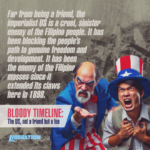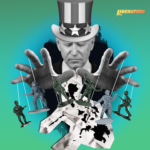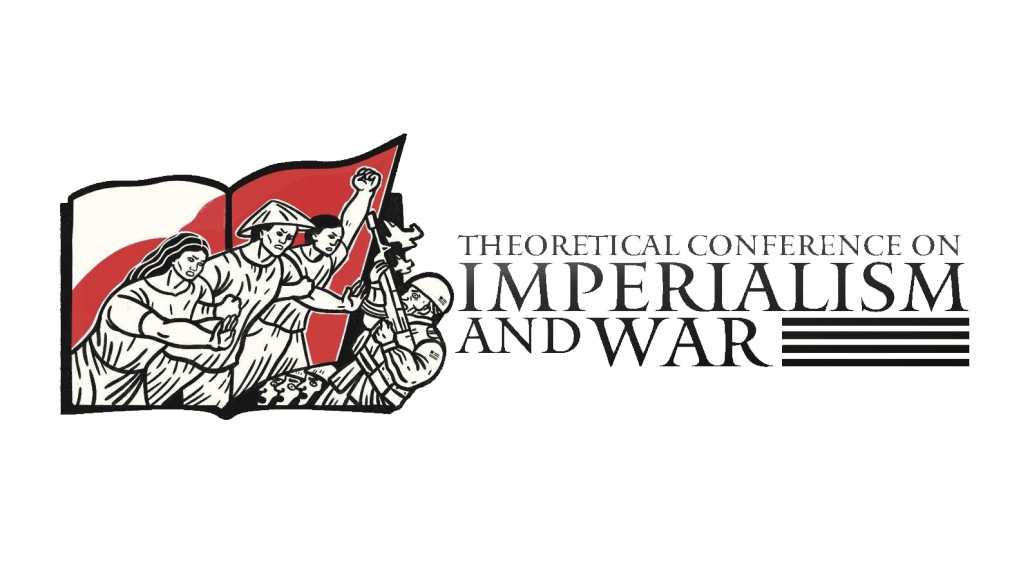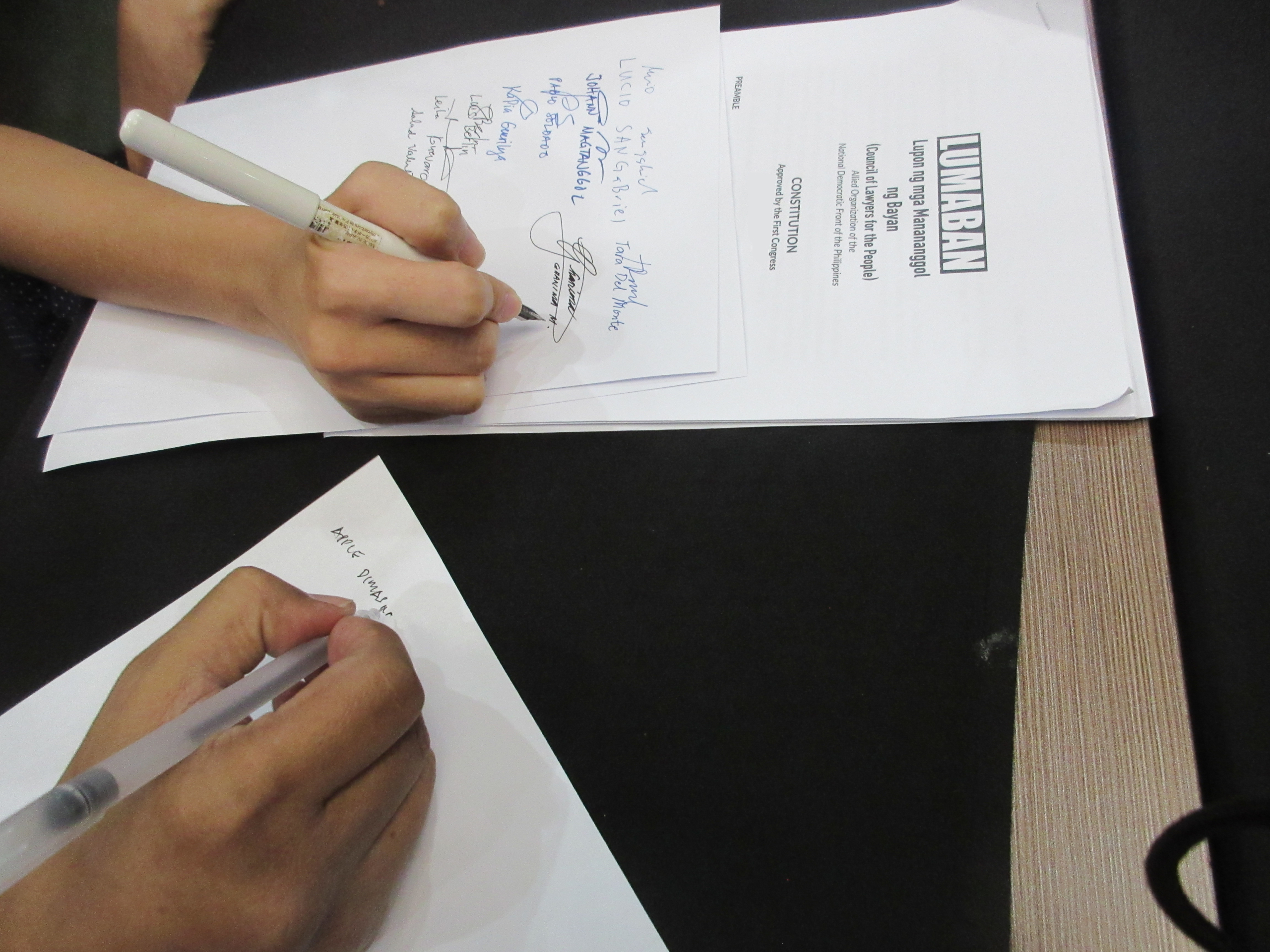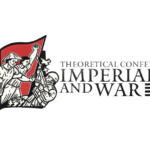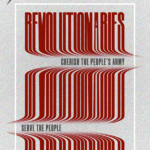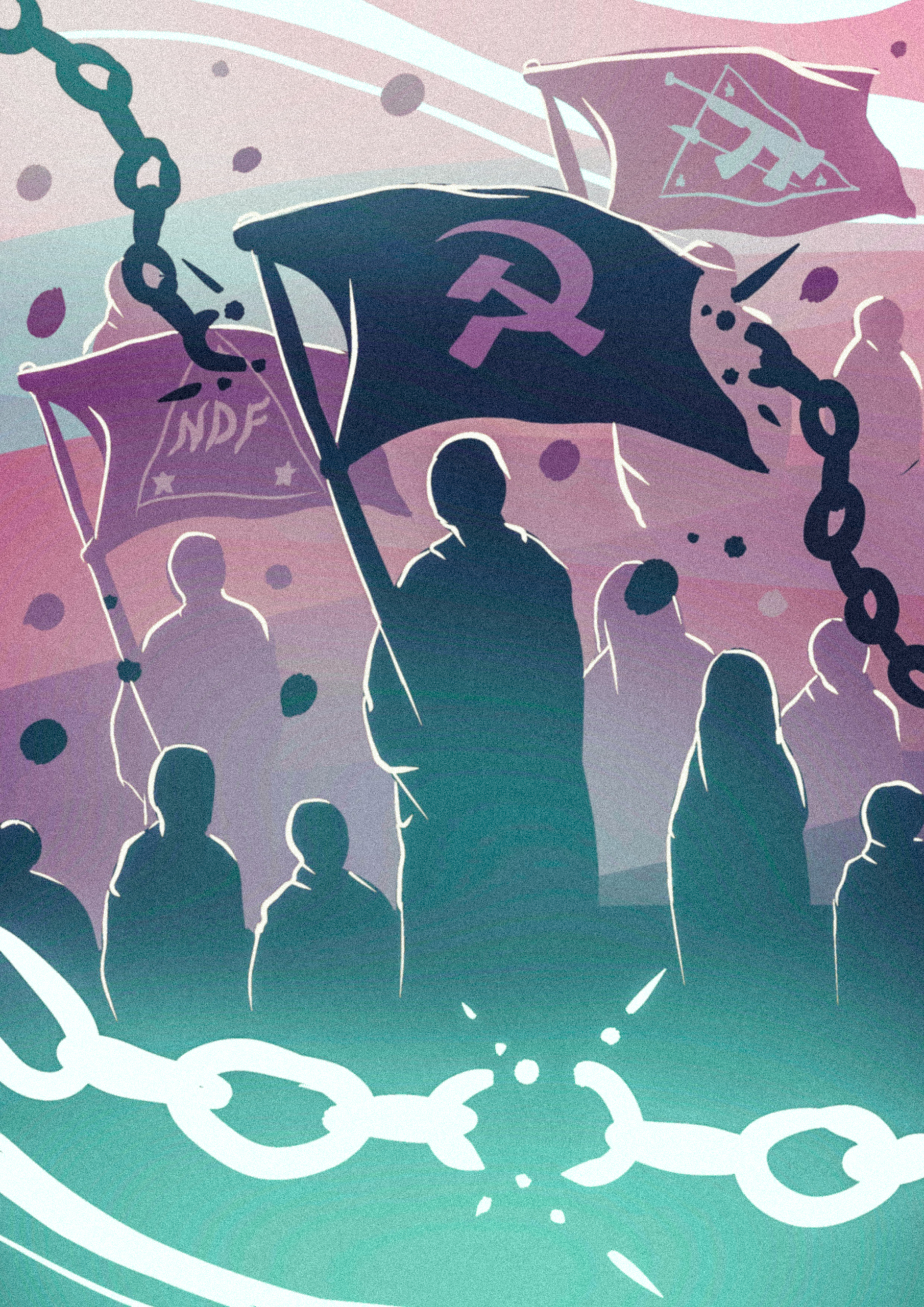Ipagtanggol ang Pilipinas laban sa paghihimasok ng US
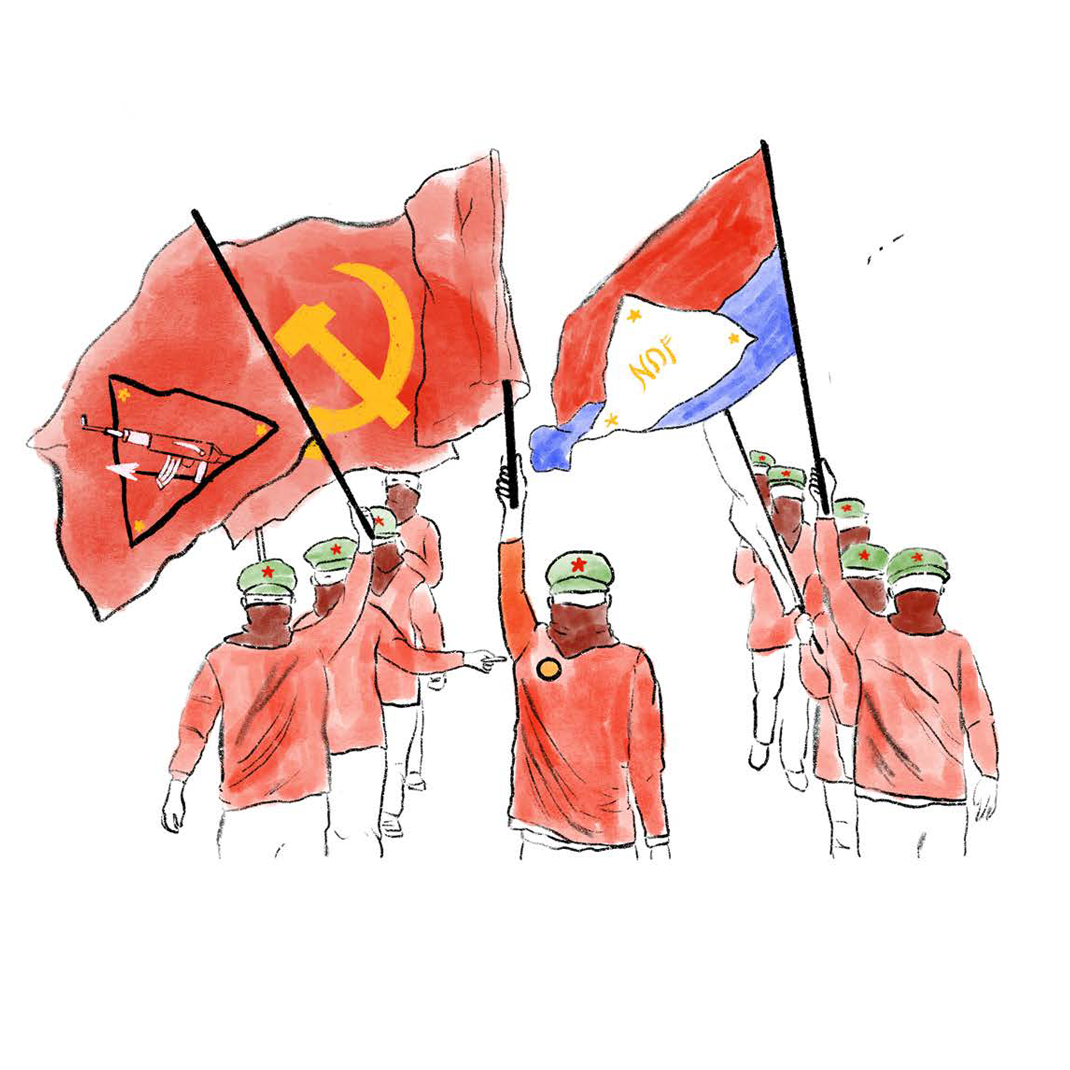
Pahayag ng mga kasaping organisasyon ng National Democratic Front of the Philippines (NDFP) sa okasyon ng ika-51 Anibersaryo ng pagkakatatag ng NDFP
Ipagtanggol ang kaligtasan ng Pilipinas laban sa tumitinding paghihimasok ng US at pang-uupat ng gera!
Isulong ang digmang bayan para sa ganap na kalayaan mula sa imperyalismo!
Nalalagay sa matinding panganib ngayon ang Pilipinas. Kakaladkarin ng US ang Pilipinas sa inter-impeyalistang gera nito laban sa China sa layong panatiliin ang paghahari ng US sa rehiyon ng Asya.
Ang rehimeng US-Marcos ay walang kahihiyang nagpapakatuta at nagiging sunud-sunuran sa US kahit pa ipapahamak nito ang kaligtasan ng Pilipinas.
Ipinagkakait ng imperyalismong US at tutang si Marcos Jr. ang dignidad, karapatan, at kalayaan ng mga Pilipino. Kaya tayo mismo, tayong mga mamamayan, ang dapat lumaban para kamtin ito! Wala nang iba pang maaaring asahan.
Habang suportado ng US ang gera ng Israel laban sa mga Palestino, at gera sa Ukraine laban sa Russia, nagbabalak itong magbukas ng panibagong larangan ng digmaan sa Asya. Ginagamit ng US ang usapin ng pang-aagaw ng imperyalistang China sa West Philippine Sea para sa paglalagay ng tropa at base militar ng US sa Pilipinas.
Naghihintay lang ang US ng pagkakataon na makipagsalpukan sa China, hindi para ipagtanggol ang Pilipinas, pero para sa sariling interes na mamayaning nag-iisang superpower sa Asya-Pasipiko at sa buong mundo.
Sa tindi ng pang-uupat ng US maaring sumiklab ang inter-imperyalistang gera sa pagitan ng US at China. Kapag nangyari ito ay gagawing teatro ng gera ang Pilipinas.
Nasa interes ng imperyalismong US na wasakin ang mga rebolusyonaryo at anti-imperyalistang pwersa sa Pilipinas sa pangunguna ng Communist Party of the Philippines, New People’s Army at ng National Democratic Front of the Philippines.
Ang mga rebolusyonaryong pwersa sa Pilipinas ay nagsusulong ng matagalang digmang bayan laban sa imperyalismo, pyudalismo, at burukrata kapitalismo. Naninindigan ito na magiging ganap na malaya lamang ang Pilipinas kapag naibagsak ang imperyalismo at papet na estado at mabigyang kapangyarihan ang mamamayan.
Mula sa panahon ng Katipunan hanggang sa isilang ang NPA, nagpakita ang mga Pilipino ng kagitingan sa harap ng dayuhang agresyon. Kung walang sariling hukbo ang mamamayan, wala silang anupaman. Nakaamba ang panganib ng inter-impyeralistang gera at dapat na itong paghandaan.
Isulong ang pambansa-demokratikong rebolusyon!
Palawakin at palaparin at palalimin ang kilusang lihim!
Sumapi at palakasin ang NPA sa buong kapuluan!
Pambansang Katipunan ng Magbubukid (PKM)*Artista at Manunulat para sa Sambayanan (ARMAS)* Christians for National Liberation (CNL)*Katipunan ng Gurong Makabayan (KAGUMA)*Liga ng Agham para sa Bayan (LAB)*Lupon ng Manananggol para sa Bayan (LUMABAN)* Makabayang Samahang Pangkalusugan (MASAPA)*

